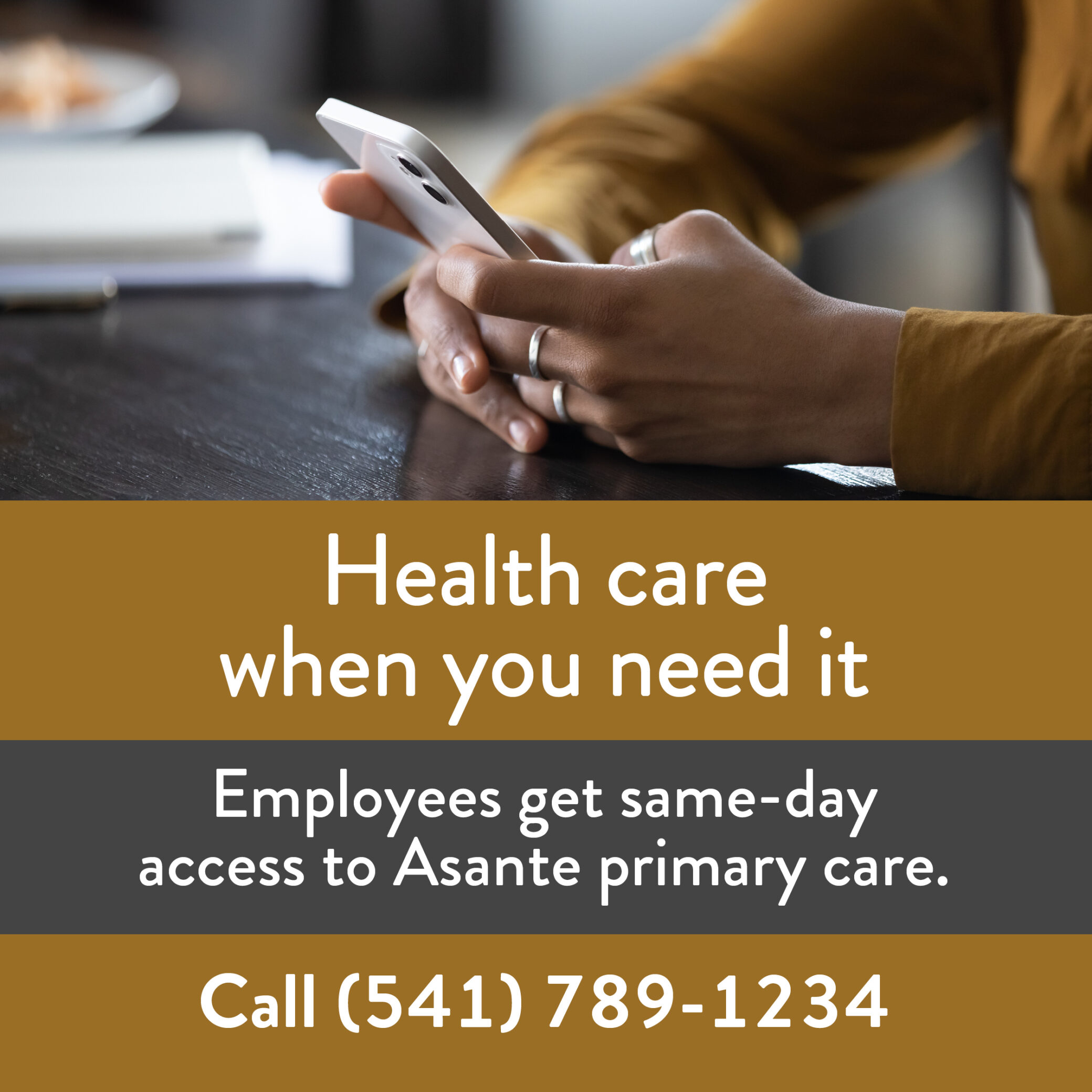Share:

As someone who held excess weight most of my life, even I have fallen in the trap of weight bias. Although obesity is a disease I have fought my entire life, I used to cast judgment on people (including myself) for holding excess weight.
Media, social constructs and how I was taught led me to believe that people with obesity are lazy, incompetent or have adopted a victim mentality.
This is challenging to admit because these stereotypes are unfair. Unconscious biases manifest easily and often are not deliberate. We can, however, choose to become more aware, learn more and seek improvement.
In 2013, the American Medical Association officially recognized obesity as a disease. So, why do many still judge obesity solely as a behavioral issue? Behaviors can contribute to obesity, but according to the CDC, so can social determinants of health, prescribed medications, genetics and other factors.
For me, genetics played a big role, but so did lack of nutritional education, undiagnosed attention-deficit disorder and metabolic issues. It was devastating trying to lose excess weight my entire life, unsuccessfully.
Even as I learned about proper nutrition, ate foods that nourished my body, moved consistently and worked with providers to balance my hormones, my body still held on to excess weight. I felt confused and defeated. So, I sought treatment options to manage my obesity, just as I would seek treatment if I got diagnosed with heart disease or high blood pressure.
After thorough research and in-depth conversations with people I trusted, I decided to have weight-loss surgery. While this is not the right decision for everyone, it was the right decision for me. Since bariatric surgery, I am down 100 pounds and consider my obesity “in remission.”

I will always have a higher propensity for excess weight, but it is now being managed with successful treatment. I have since seen comorbidities like thyroid and hormonal issues improve, more restful and effective sleep patterns, and more capacity to work on mental and emotional struggles. My overall wellbeing has vastly improved.
Hopefully, my story can shed light on obesity and how it affects millions of lives. The next time you see someone with this disease, take a moment to realize their weight is one tiny slice of their story.
It is easy to see obesity in unkind, stereotypical ways. However, inclusivity begins when we pause, remember that every person has a story, emotions and hidden struggles. Size inclusivity means choosing kindness and empathy to avoid stigmatizing people with large or small bodies.
Follow Quinn’s weight-loss journey on her YouTube channel.
Shea Quinn and fellow podcasters talk to APP’s Chris Morgan, MD, about weight loss.

What ABIDE has been up to
The Asante Belonging, Inclusion, Diversity and Equity team has been busy over the past two months. Our work has included:
- Reviewing Asante’s Behavioral Standards to fold more inclusive and equitable language into behavioral expectations.
- Joining the regional All in for Health’s equity networking group to collaborate on the Community Health Improvement Plan for Jackson and Josephine counties.
- Creating Asante’s health equity operational team to identify how we can improve health equity for our patient communities.
- Expanding the work of ABIDE’s employee engagement team, which has created four exciting initiatives centered around awareness, communication and education of inclusion and belonging.
The ABIDE team attends department and staff meetings to share information about our work in belonging, inclusion, diversity and equity.
If you would like a member of the ABIDE ream to come speak at a staff meeting, or to join ABIDE employee engagement or ABIDE health equity operational teams, please reach out to ED*@as****.org.
If you have a question, please contact the author or relevant department directly.




4 Comments. Leave new
Way to go Shea! Loved reading your post! Thanks for sharing!
Thank you for sharing ! Encouraging !!!!!
Congratulations!!!!
You are an inspiration!!!
thank you for your honest heartfelt story. i know it will help others with inspiration to work on our own individual health struggles.